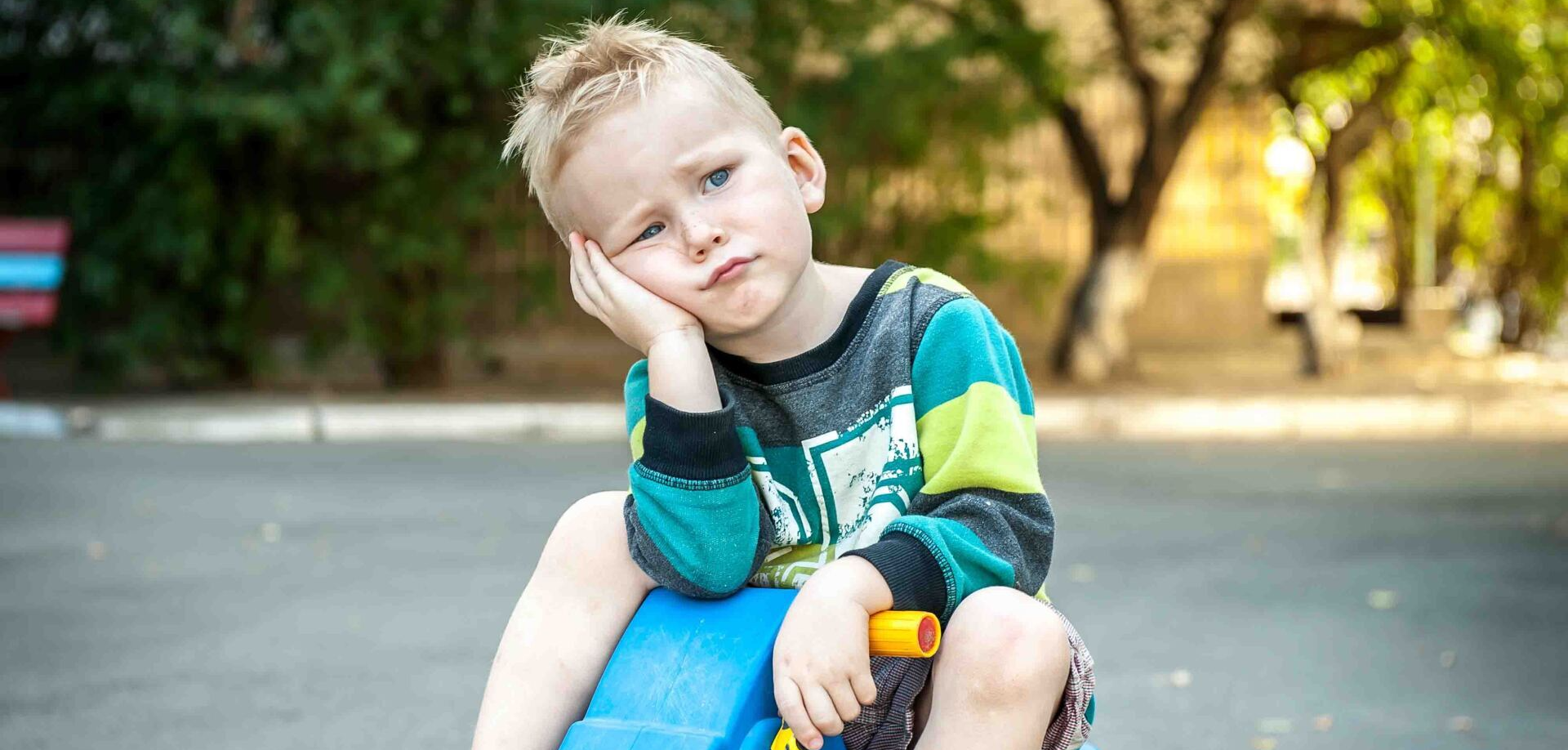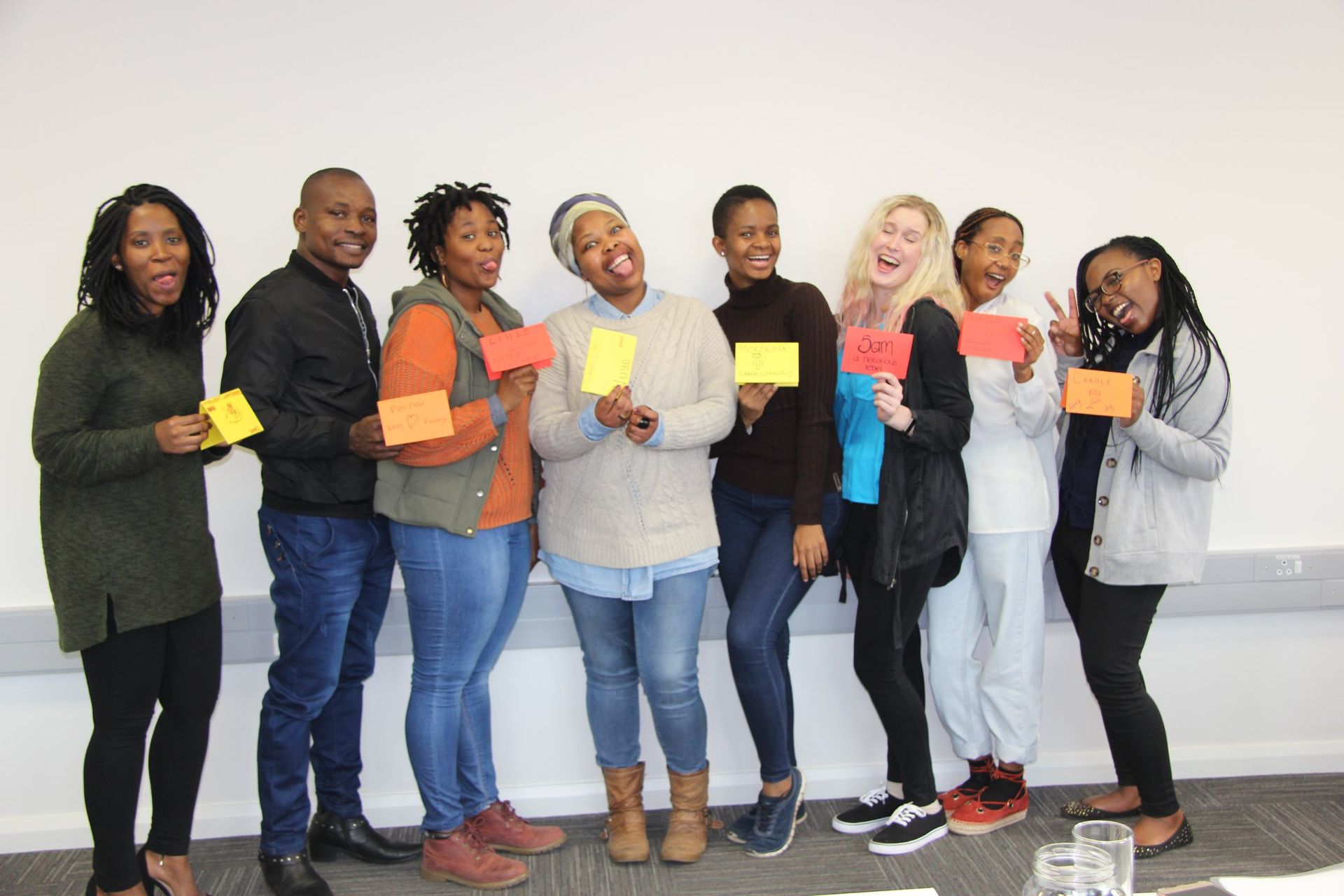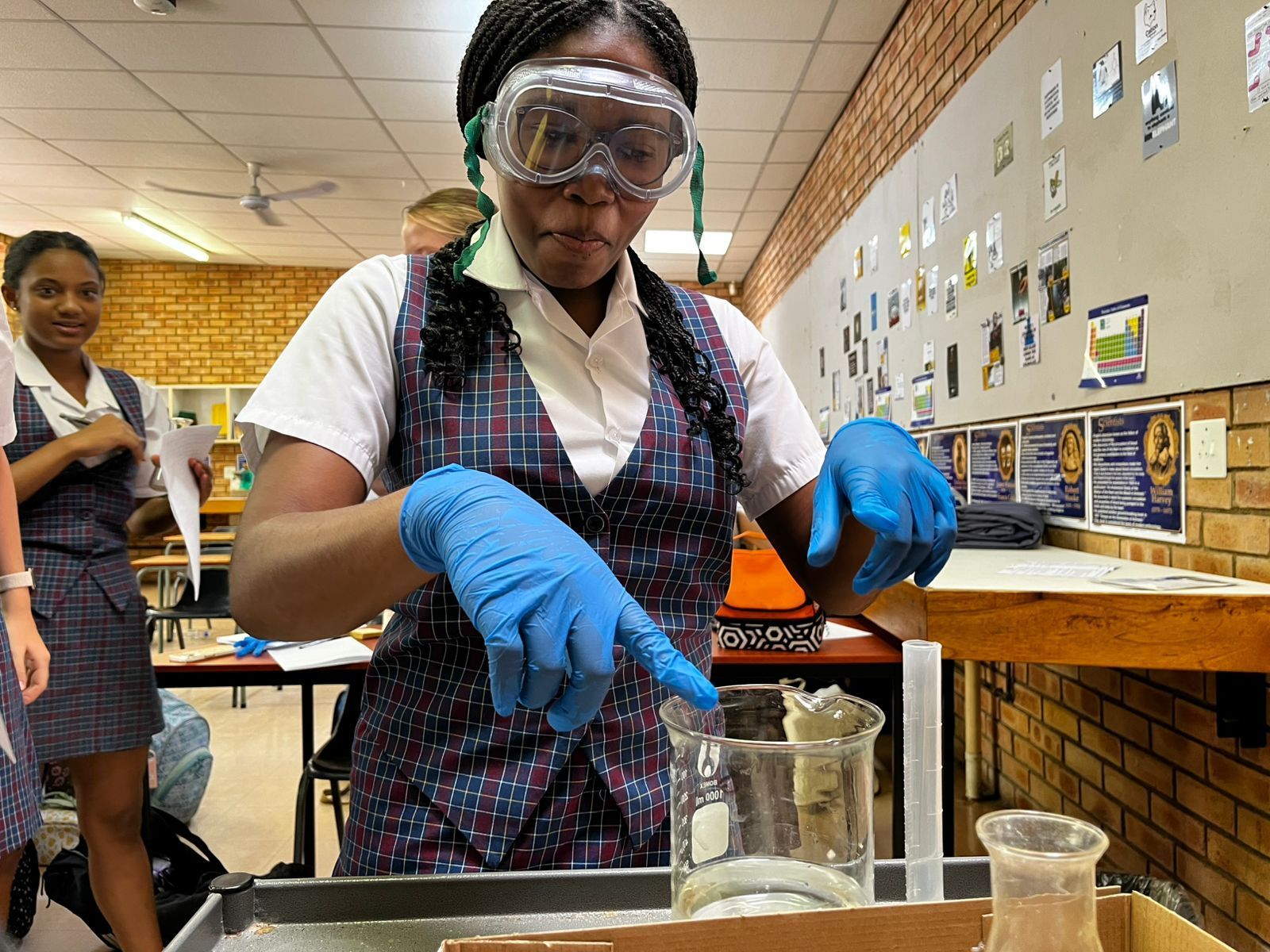Self-Regulation & Why Kids Should Learn It
Why Children Should Learn Self-Regulation

Being in control of your emotions and actions is something every child grows into. As your child enters different phases of their life, they will be taught a variety of self-regulation skills. This includes focusing on a task, controlling impulses and learning to calm down. Teaching your child self-regulation is crucial for character development and future success.
What is self-regulation?
Self-regulation is the ability to control your thoughts, feelings and actions. It involves the way in which we respond to something that could possibly upset or challenge us.
Why should kids learn how to self-regulate?
Self-regulation builds self-esteem, respect for peers and teachers as well as improves school performance. When children can grasp this concept, they will learn how to handle stress; this could be in relation to school or something personal.
Children also gain the ability to become more independent in how they behave. They will still need your unconditional support and guidance, but will develop the confidence to make their own decisions.
With great self-regulation, comes overall greatness. By encouraging your child to understand how to act and respond, you can help them in other parts of their life too. They will be nice to their school friends and sharing can come more easily.
“When we work on a child’s self-regulation, we are creating that stable internal platform that makes growth possible; any and all kinds of growth.”
Dr. Stuart Shanker
Remember, children are humans too and will sometimes struggle to learn how to deal with certain situations.
How can you teach self-regulation to your child or teen?
1. Be a role model
Children respond to the environment around them. Set a good example by making sure you create healthy eating habits, an exercise routine, emotional intelligence and proactive thinking. Be the person you want your child to be.
2. Be patient and supportive
A child needs to know that they are loved and cared for. As they learn the importance of self-regulation, it’s important to show genuine interest and interact with them if they seek your praise or approval.
3. Be realistic in helping them practice their skills
You can’t expect your child to do things they haven’t been taught or exposed to. Assess what they need help with. Is it learning how to focus? Is it knowing how to respond when spoken to? Practice makes perfect, so teach them that it’s okay to fail but never to give up.
4. Avoid punishment
Mistakes happen all the time. Shouting or screaming at your children doesn’t help improve self-regulation skills in any way. Rather try to be understanding and use it as a starting point to figure out which areas your child may need a little more help with.
5. Praise their accomplishments
Children thrive on praise and approval. You can start off with small rewards like longer screen time or something as simple as a sweet treat. This will motivate your child to improve their self-regulation skills.
How is your little one responding to self-regulation? Are they still in the learning phase or have they started to develop their own little personality? Share it with us in the comments below!
At Trinityhouse, we strive to develop the Five Core Global Competencies from Pre-Primary right up until Matric. This includes thinking, research, communication, social and self-management skills. We believe this allows our pupils to move successfully up into the real world.
To enquire more about us and who we are, click here. If you want to apply, click here. For all enquiries, please click here.














